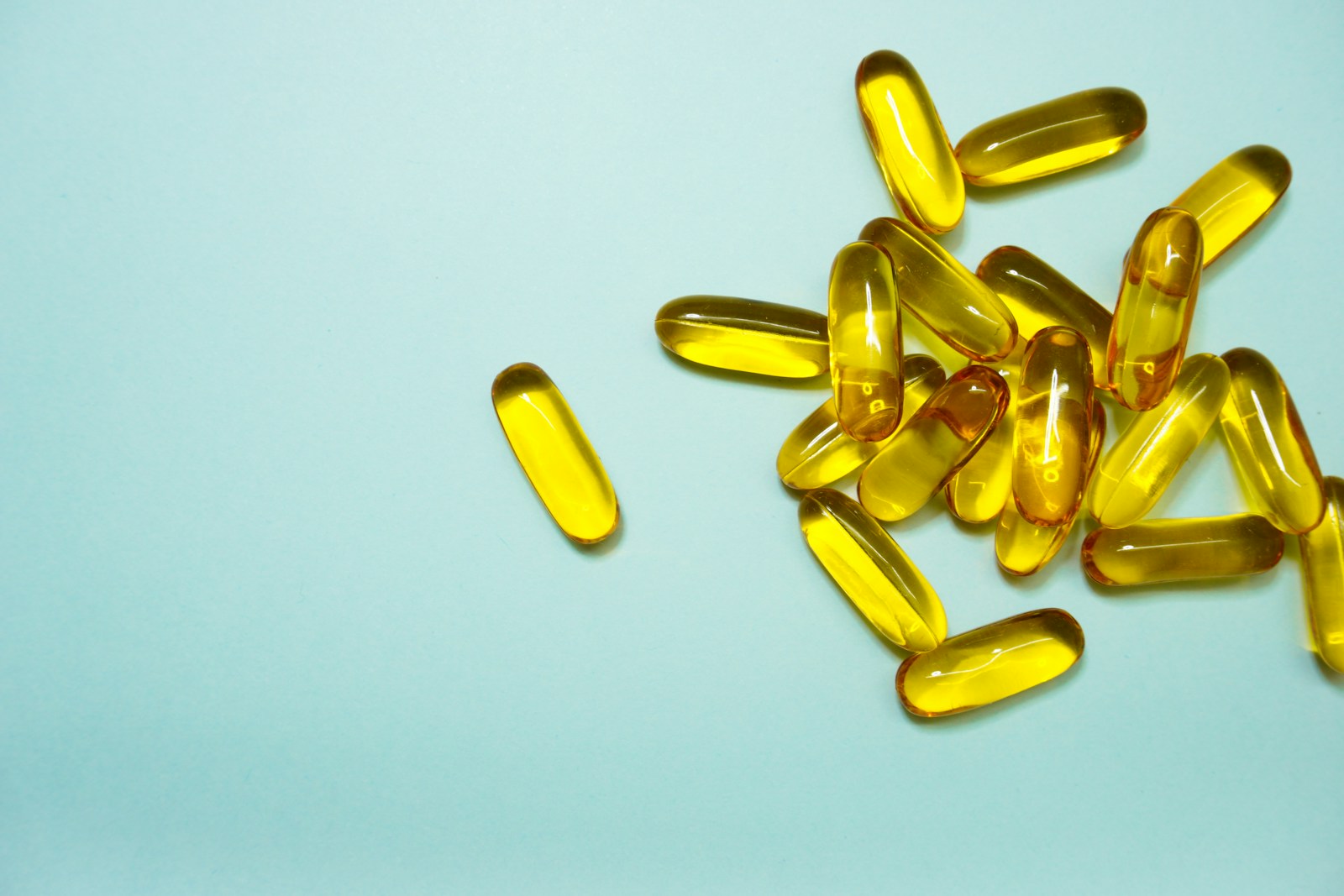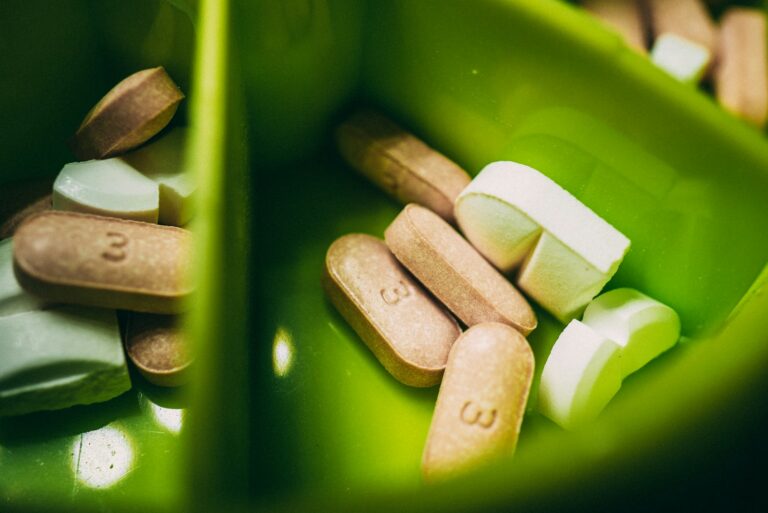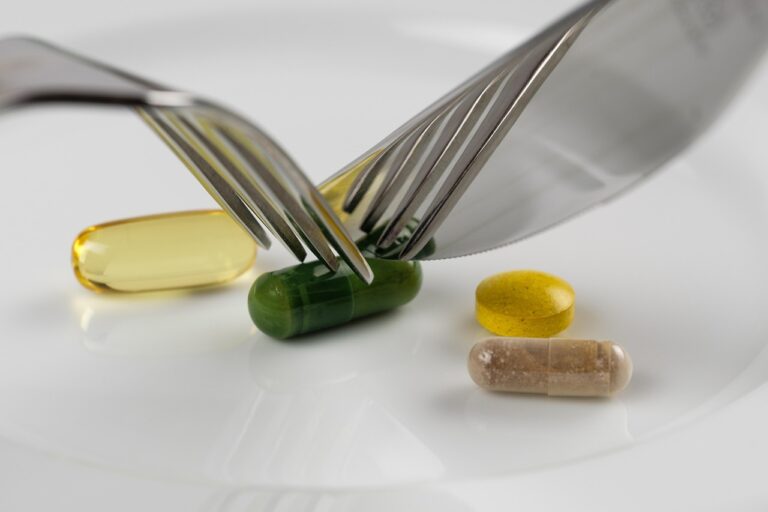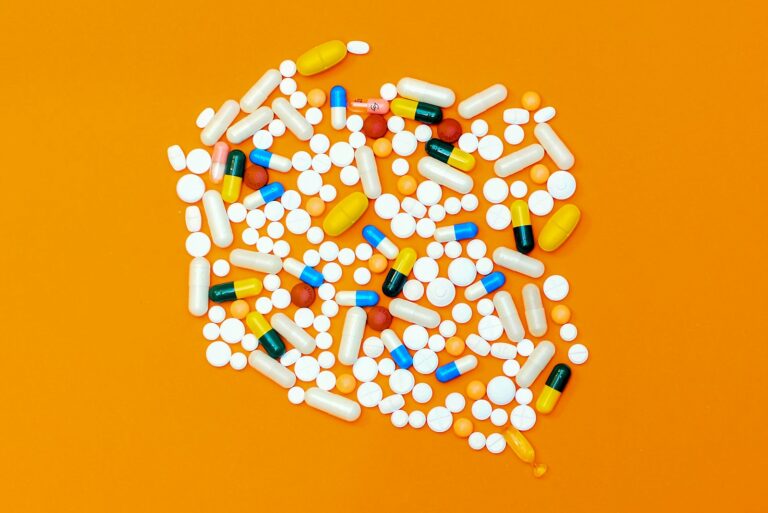Heart disease remains the leading cause of death worldwide, making cardiovascular health a top priority. While lifestyle changes like exercise and a balanced diet play a crucial role, many people turn to supplements to further protect their heart. But do these supplements really work?
In this article, we’ll explore the science behind heart health supplements, their benefits, and how they can complement a heart-healthy lifestyle.
Why Heart Health Supplements Matter
Even with the best diet, certain factors—such as aging, stress, medications, and nutrient-depleted soils—can lead to deficiencies in key heart-supporting nutrients. Supplements can help fill these gaps and provide extra protection against conditions like high blood pressure, cholesterol issues, and inflammation.
Scientific studies support the benefits of several natural supplements in improving cardiovascular function, reducing heart disease risk, and supporting optimal circulation and blood pressure.
Top Science-Backed Supplements for Heart Health
1. Omega-3 Fatty Acids (Fish Oil or Algae-Based DHA/EPA)
1. Omega-3 Fatty Acids (Fish Oil or Algae-Based DHA/EPA)
🩸 Key Benefits:
✔️ Lowers triglycerides (a major risk factor for heart disease)
✔️ Reduces inflammation and blood clot formation
✔️ Supports healthy blood pressure and heart rhythm📖 Scientific Evidence:
A meta-analysis of 40+ studies published in the Journal of the American Heart Association found that omega-3 supplements reduce the risk of heart attacks and cardiovascular-related death.🔹 Best Sources: Fatty fish (salmon, mackerel, sardines), fish oil supplements, or plant-based algae oil.
2. Coenzyme Q10 (CoQ10)
⚡ Key Benefits:
✔️ Improves energy production in heart cells
✔️ Reduces oxidative stress and inflammation
✔️ Helps counteract the side effects of statins (cholesterol-lowering drugs)📖 Scientific Evidence:
A study in The European Journal of Heart Failure found that CoQ10 supplementation improved heart function and reduced mortality in heart failure patients.🔹 Best Sources: Ubiquinol (the most absorbable form), found in fatty fish, organ meats, and high-quality supplements.
3. Magnesium
💖 Key Benefits:
✔️ Helps regulate blood pressure and heart rhythm
✔️ Supports blood vessel relaxation (reducing hypertension)
✔️ Lowers the risk of heart attacks and strokes📖 Scientific Evidence:
A study in Hypertension found that magnesium supplementation led to significant reductions in blood pressure among those with hypertension.🔹 Best Sources: Magnesium-rich foods (nuts, seeds, spinach, dark chocolate) or bioavailable supplements like magnesium citrate, glycinate, or taurate.
4. Vitamin D
☀️ Key Benefits:
✔️ Supports heart muscle function
✔️ Helps regulate blood pressure
✔️ Reduces inflammation linked to heart disease📖 Scientific Evidence:
A review of 81 studies in The Journal of Clinical Endocrinology & Metabolism found that low vitamin D levels are linked to a higher risk of cardiovascular disease.🔹 Best Sources: Sunlight exposure, fatty fish, egg yolks, and vitamin D3 supplements.
5. B Vitamins (B6, B12, Folate)
🩺 Key Benefits:
✔️ Lowers homocysteine levels (high levels are linked to heart disease)
✔️ Supports red blood cell production and circulation
✔️ Reduces the risk of stroke and artery damage📖 Scientific Evidence:
A study published in Stroke found that B-vitamin supplementation significantly reduces the risk of stroke and heart disease by lowering homocysteine levels.🔹 Best Sources: Leafy greens, eggs, fortified cereals, and methylated B-complex supplements.

6. Polyphenols (Resveratrol, Green Tea Extract, Curcumin)
🌱 Key Benefits:
✔️ Powerful antioxidants that protect blood vessels
✔️ Improve circulation and reduce inflammation
✔️ Support healthy cholesterol and blood pressure levels📖 Scientific Evidence:
- The American Journal of Clinical Nutrition found that green tea extract lowers LDL (“bad”) cholesterol and boosts artery function.
- Resveratrol (found in red wine and grapes) has been shown to support heart health by reducing oxidative stress.
🔹 Best Sources: Dark berries, green tea, turmeric, grapes, and high-quality polyphenol supplements.
Do You Really Need Heart Health Supplements?
While a healthy diet should always come first, supplements can be highly beneficial, especially if you:
✔️ Have high blood pressure, high cholesterol, or a family history of heart disease
✔️ Follow a restrictive diet (e.g., vegan, keto, or low-fat)
✔️ Take medications that deplete nutrients (e.g., statins, diuretics)
✔️ Have chronic stress, inflammation, or poor absorption due to gut issuesChoosing the Right Heart Health Supplements
✅ Look for high-quality, bioavailable forms (e.g., magnesium citrate instead of magnesium oxide)
✅ Avoid artificial additives and fillers
✅ Check for third-party testing (to ensure purity and potency)
✅ Take supplements with food (when applicable) to improve absorption
Final Verdict: Supplements Can Be a Powerful Tool for Heart Health
While supplements aren’t a replacement for a healthy lifestyle, science strongly supports their role in cardiovascular protection. Combined with a heart-healthy diet and regular exercise, they can help reduce risk factors, improve heart function, and promote longevity.
Key Takeaways:
✅ Omega-3s, CoQ10, Magnesium, Vitamin D, B Vitamins, and Polyphenols are the most research-backed heart health supplements.
✅ Supplements help fill nutrient gaps and counteract risk factors like inflammation and high cholesterol.
✅ Choosing high-quality, bioavailable supplements maximizes effectiveness.
Would you like me to add links to recommended supplements or a call-to-action for your readers? 🚀
Remember, you don’t need to overhaul your diet overnight. Start with small, manageable changes—like swapping white bread for whole grain or adding an extra serving of veggies to your dinner plate.
Complement your heart-healthy diet with supplements like CardioForLife Powder to fill in any nutritional gaps and support overall cardiovascular health.





